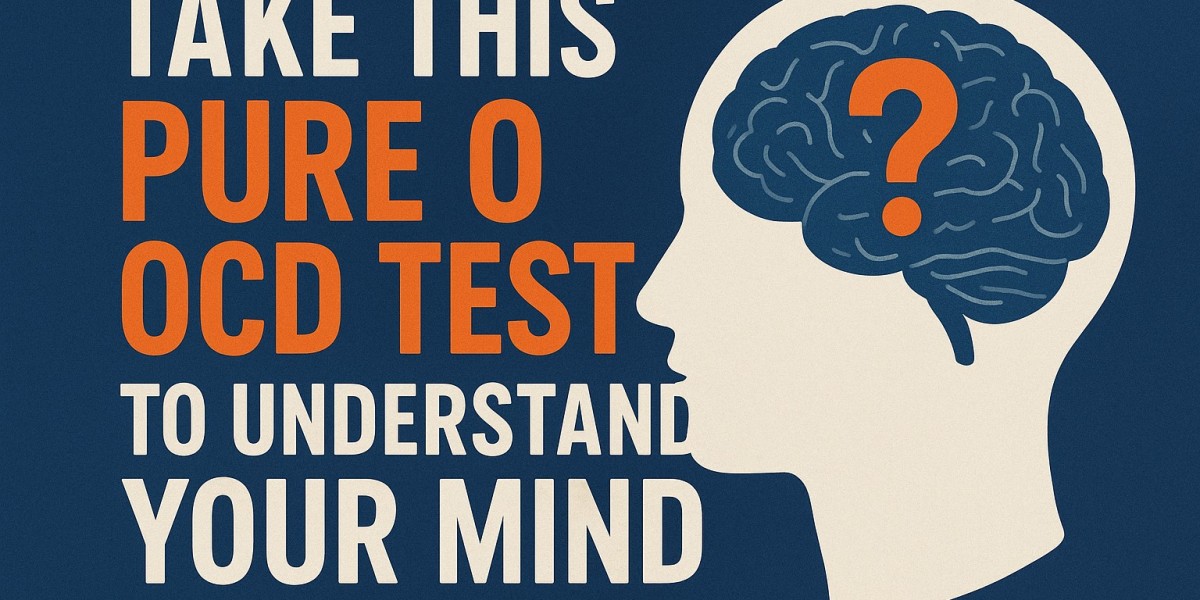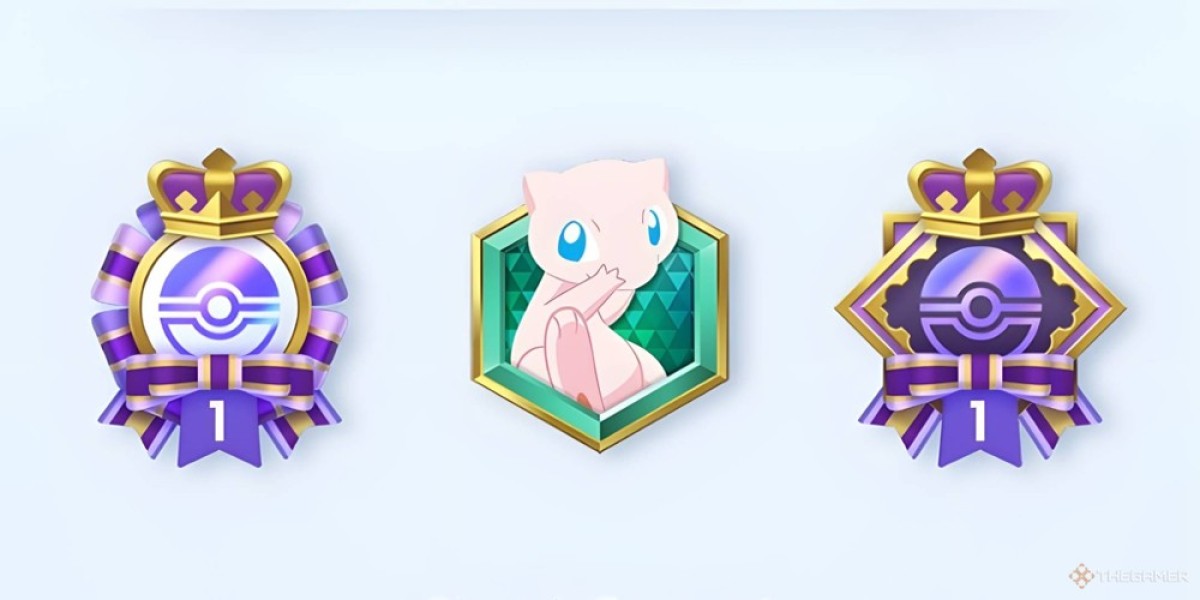Now here’s the thing—most of us with Pure O don’t even realize what’s happening at first. We think we’re just “overthinking” or maybe losing it altogether. That’s why taking a pure o ocd test can be a game-changer. It’s not about slapping a label on yourself. It’s about understanding your own brain, the weird loops it gets stuck in, and figuring out where to go from there.
When I first stumbled onto an OCD test online, I was skeptical. I thought, “Nah, I just worry too much.” But wow, it opened my eyes. If you’ve ever had scary or random thoughts you can’t shake, or you spend way too much time in your head questioning everything—you’re not alone, my friend. Let’s walk through this together.
What Exactly Is Pure O OCD?
Alright, so let’s clear the air here. Pure O OCD isn’t officially a separate diagnosis. It’s more of a nickname people use for a form of OCD where the compulsions are mostly mental. Instead of washing hands fifty times a day, you’re stuck replaying thoughts, analyzing, or seeking constant reassurance inside your own head.
For me, Pure O showed up in the weirdest ways. I’d have these disturbing thoughts out of nowhere—like what if I suddenly blurted something offensive in public? Or worse, what if I hurt someone I love? The thoughts scared me so bad, I spent hours trying to “figure out” what they meant. Spoiler alert: they meant nothing. But try telling that to an anxious brain.
The tricky part? People with Pure O often look calm on the outside. Nobody sees the endless mental rituals—the silent prayers, the repeating of “good thoughts,” the nonstop questioning. That’s why it can be hard to recognize, even for yourself. You just know you’re exhausted and your brain feels like a broken record.
So, if you’ve ever felt like you’re fighting invisible battles in your head and nobody gets it, that’s Pure O in a nutshell. And no, you’re not “crazy.” You’re human, and your brain just needs a little help untangling itself.
Why a Pure O OCD Test Can Be Helpful
Here’s the thing: tests aren’t magic. They won’t spit out a 100% diagnosis. But what they do give you is insight. A pure o ocd test helps you notice patterns. Like, “Oh wow, I’m not the only one who checks my thoughts like reruns of a bad TV show.”
The first time I took one, I felt half-relieved and half-panicked. Relieved because finally, something explained my constant mental battles. Panicked because, well, what if it’s true? That fear is normal, but here’s the twist—you don’t have to run from it. Awareness is step one toward healing.
Tests usually ask about stuff like intrusive thoughts, mental rituals, and how much time they eat up. If you’re answering “all the time” more than you’d like, that’s your cue to reach out for support. Don’t make the mistake I did and keep it all bottled up for years. That only made my brain turn louder.
Think of it this way: if your car makes a weird noise, you don’t ignore it forever. You check it out before the engine falls apart. Same with your mind. A test is like turning up the hood and saying, “Okay, what’s going on in here?”
My Personal Experience with Pure O OCD Tests
I’ll be real with you—when I first tried one of these tests, I cheated. Yep. I downplayed my answers because I didn’t want to admit how bad it was. I thought if I scored “too high,” it meant I was broken. Big mistake. All it did was keep me stuck.
When I finally got honest, though, everything shifted. Seeing the results on the screen was like holding up a mirror I’d been avoiding. It wasn’t fun, but it was freeing. I realized the scary thoughts didn’t define me. They were just noise my brain made when it was anxious.
Funny thing? Once I accepted that, the thoughts lost some of their power. Don’t get me wrong, they didn’t just vanish overnight. But I stopped treating them like dangerous secrets. Instead, I started talking about them—with a therapist, with close friends. That was huge.
If you’re gonna take a test, my advice is: answer honestly. Even if it feels embarrassing. The test isn’t there to judge you. It’s there to give you a map. And trust me, having a map feels way better than wandering around lost in your own head.
What to Do After Taking the Test
Okay, so you take the test. Now what? Here’s where a lot of people get tripped up. They either ignore the results or spiral into panic. Neither helps. What you actually need to do is use the test as a starting point.
If your answers suggest Pure O OCD tendencies, the next step is to talk with a mental health professional. Not Google, not TikTok, not some random Reddit thread (been there, done that). A real therapist. They can confirm what’s going on and help you figure out treatment.
And treatment doesn’t mean you’re stuck on meds forever or locked in endless therapy. For many people, approaches like CBT (Cognitive Behavioral Therapy) and ERP (Exposure and Response Prevention) make a massive difference. I was skeptical at first, but ERP taught me to sit with intrusive thoughts without letting them boss me around. It was tough, but worth it.
Bottom line: the test points the flashlight. You decide whether to walk down the path. If you’re feeling nervous, that’s okay. Courage isn’t about not being scared—it’s about taking a step anyway.
Tips for Living with Pure O While You Seek Help
While you’re waiting to see a professional (or even after you start treatment), there are things you can do to make daily life a bit easier. These aren’t magic cures, but they do help.
Don’t fight the thoughts. I know, it feels wrong. But the harder you push them away, the louder they get. Try noticing them like passing clouds instead of wrestling matches.
Limit reassurance-seeking. I used to ask my partner 20 times a day, “Are you sure I didn’t offend that person?” It only made me more anxious. Start cutting down slowly.
Ground yourself in the moment. Simple stuff like walking barefoot on grass, splashing cold water on your face, or focusing on your breath can bring you out of your head.
Be patient with progress. OCD recovery isn’t a straight line. Some days feel amazing. Others feel like square one. Both are normal.
One more thing: don’t isolate yourself. Pure O thrives in silence. Talk to someone you trust, even if it’s just saying, “Hey, my brain’s being weird today.” It takes the shame out of it.
FAQs About Pure O OCD Tests
1. Is a pure o ocd test a real diagnosis?
Nope. It’s a screening tool, not a diagnosis. Only a licensed professional can give you that.
2. Can I trust online Pure O tests?
They can be helpful, but they’re not perfect. Use them as a starting point, not the final word.
3. What if I “fail” the test?
You can’t really fail. If your answers show strong symptoms, that just means it’s time to reach out for help.
4. Do intrusive thoughts mean I’m a bad person?
Absolutely not. Intrusive thoughts are unwanted by definition. They don’t reflect who you are.
5. What treatments usually work for Pure O OCD?
CBT and ERP are the gold standards. Sometimes meds help too, but that depends on the individual.
Conclusion
So, there you have it. A pure o ocd test isn’t about labeling yourself—it’s about getting clarity on what’s going on in your mind. Trust me, that clarity is priceless when you’ve been stuck in endless loops of doubt and fear.
Remember, a test is just the first step. The real progress happens when you reach out, open up, and start practicing strategies that actually quiet the noise. If you’re in Georgia and looking for compassionate support, Novu Wellness in Sugar Hill is a safe place to start. Our team specializes in therapy for OCD, anxiety, and more, using modern methods like CBT and ERP alongside holistic wellness care.
At Novu Wellness, we believe mental health care should feel safe, simple, and supportive. You’re not just a patient—you’re a person who deserves peace, growth, and a brighter tomorrow. Take the test, take the step, and most importantly—don’t walk this path alone.







